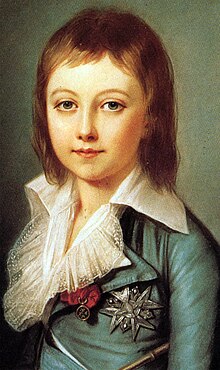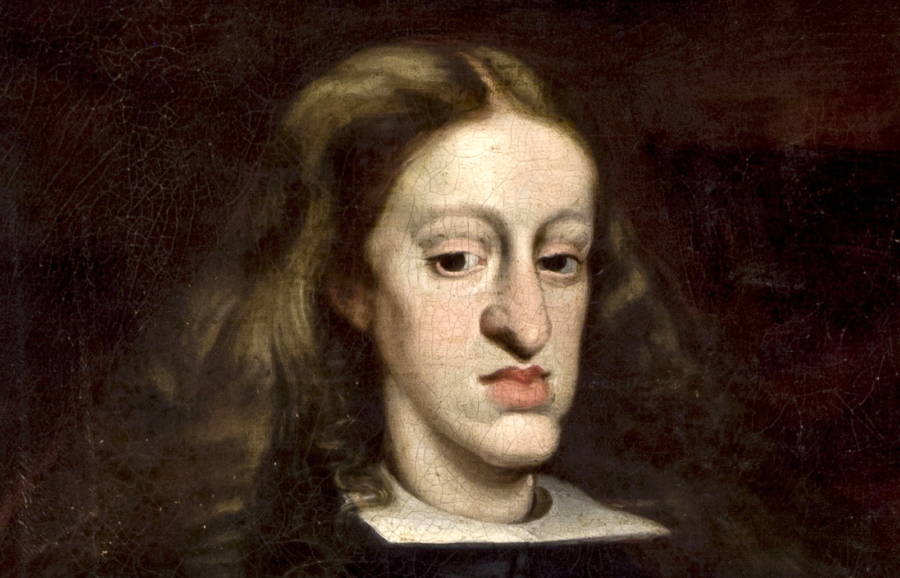At least the whole Lazio (without the southern part who was originally part of the Kingdom of Naples) need to stay as Papal States...View attachment 453581
Here's my idea for what becomes of Italy:
How does this look? Leave your feedback.
- Sardinia-Piedmont evolves into a North Italian state (called something like Padania or just Italy, I'll just call it North Italy for now). The capital is likely Turin, although Florence could potentially become the capital at some point. North Italy is likely influenced by France, will certainly industrialize, and is probably the strongest of the Italian states.
- The Kingdom of Naples covers Southern Italy, and is the main rival to North Italy. The capital is Naples (duh), and is influenced by Spain. South Italy may or may not industrialize, and may or may not be as corrupt as OTL's Southern Italy.
- The Papal States loses territory over time, and is reduced to just the area around Rome.
- Lombardy-Veneto is under Austrian influence.
- Corsica is still part of France ITTL (although it's possible that they'd trade Corsica for North Italy's territory on the French side of the Alps, making it OTL's France-Italy border).
The Kingdom of Naples (in personal union with the Kingdom of Sicily) will surely industrialize (but at a slower rate than other countries as the crown is unlikely to see a forced and fast industrialization as a good thing), will not reach the OTL level of corruption or burocracy and will most likely be we’ll know for the high quality of his luxury productions (specially paper, silk and gloves) and will have a very strong commercial navy...
Sardinia-Piedmont can not evolve in a Kingdom of Italy without taking away Lombardy-Veneto from Austria (as that state need to include North Italy, Tuscany and Emilia with likely later additions of Romagna, Umbria and Marche from the Papal States), plus we have the problem of Venice (who is pretty unlikely to fall under Austrian control without Napoleon) they will be surely industrialized and while Turin will be the first capital I see it supplanted by Florence or more likely Milan with the time...
I think more likely at this point who for some reason at some point Austria will give control of the Duchy of Milan to the Granduke of Tuscany (maybe Franz II die without any son and the Teschen branch inhereited the Imperial Crown and gave Milan to Tuscany as compensation for the renounce to everything else? Maybe at the same time Hungary will get indipendence with the Palatine of Hungary as King and the HRE will become a Empire of Germany led by Austria?) and Tuscany start a confederation with other states who in short time will become a Kingdom of Italy (with capital first in Florence then on Milan) in style of the OTL Empire of Germany....
Under any scenario Corsica, Nizza and Savoy can be divided in any way between Italy and France (while is pretty unlikely seeing Malta under anyone who is not the Knights or the Kingdom of Sicily without the Napoleonic wars)...
If Ferdinand IV of Naples has married Maria Carolina of Austria as OTL the most likely bride for Louis XVII is one of his cousin from Naples
This young chap here is Louis-Charles de Bourbon, who was the son of Louis XVI. IOTL, he died in 1795, two years after his father was executed in the French Revolution (he had an older brother, but he died of an illness just before the French Revolution broke out). However, ITTL, the French Revolution doesn't happen, so both his father and him live on. Louis XVI was 38 when he died, so I'd give him another 30 years or so, considering that he was a king, but before modern medicine, which means he dies sometime in the Early-Mid 1820s. I'd assume that Louis-Charles (or Louis XVII once he became king) would marry young, as Louis XXI married Marie Antoinette at 16, which since Louis-Charles was born in 1785, would mean he'd marry sometime between 1800 and 1805. Now, I have absolutely ZERO knowledge on European dynastic politics at the Turn of the 19th Century, so I'll have to rely on you guys for who Louis-Charles might marry.
The whole point of this ramble is, any ideas for who Louis-Charles/Louis XVII marries, and how can I deal with the MASSIVE butterflies of Louis XVI's bloodline continuing?
https://en.m.wikipedia.org/wiki/Princess_Maria_Antonia_of_Naples_and_Sicily is the most likely but https://en.m.wikipedia.org/wiki/Maria_Amalia_of_Naples_and_Sicily (who likely was the one in consideration for Louis Joseph) or a surviving https://en.m.wikipedia.org/wiki/Maria_Clotilde_of_Naples_and_Sicily or https://en.m.wikipedia.org/wiki/Maria_Henrietta_of_Naples_and_Sicily work perfectly well. For Madame Royale I will put a match with the OTL King Louis Philip of Orléans as most likely match, followed by one with her cousin Francis I of Naples (if her parents decided for a foreign match) and her OTL match with her cousin Angoulême at the third place (as Marie Antoinette wanted marrying her daughter close and if an Orléans match failed Angoulême is the next best option)

